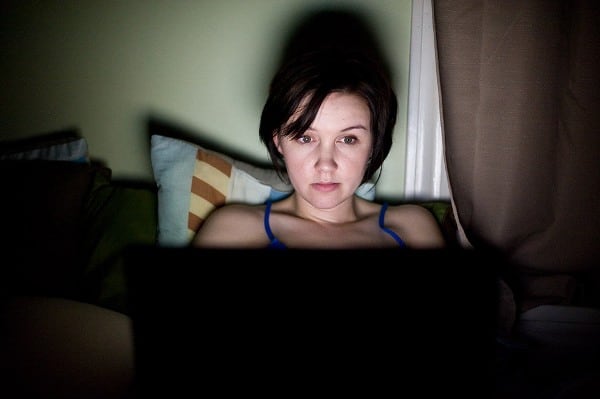1. Stay up later rather than going to bed earlier
Going to bed when you are not sleepy can start a vicious insomnia cycle. You feel anxious and frustrated that you can’t fall asleep, and then you lie awake while the problem perpetuates. It is important to differentiate sleepiness from just feeling tired. We can experience tired throughout our body but sleepiness is simply dictated by our eyes closing and literally “getting the nods”. Sleepiness will come in waves and when we get this wave at an appropriate time at night, we need to take this cue and catch it.
2. Avoid napping during the day
Whilst napping might be desirable for those that are not sleeping well during the night, a nap can significantly reduce your sleep drive and will make it harder to initiate or maintain sleep at a desirable time. If you are tempted to nap, try increasing your level of arousal, which is as simple as standing up.
3. Develop a regular exercise regime
We all know that exercise is good for us and will help maintain a healthy mind and body. Exercise also has the added benefit of deepening and extending our sleep. The exercise that works best for this is weight or resistance training. So start pumping that iron or turn up the exercise bike. Anytime of the day is fine however best to keep it a couple of hours clear of bedtime.
4. Learn a relaxation procedure
Having a balance in our lives is important. We often neglect relaxation and use the excuse of being time poor. If you are having troubles sleeping, learning a relaxation procedure can be invaluable. We only enter sleep from a state of relaxation. So if we go to bed and make relaxation our goal, sleep is likely to follow if needed. Whilst alcohol can help us relax and maybe sleep initially, it will typically disrupt our sleep later in the night. So maybe saying no to that glass of wine or two in the evening will pay off.
5. Keep your evenings free of technology.
The main regulator of our sleep is light. It dictates when we wake and when we fall asleep. With increasing use of computers and smart phones we are exposed to more light in the evenings than we have ever been. Computers and smart phones throw out a lot of blue/green light, which can delay the onset of our sleep phase. We can combat this by wearing amber or red glasses, or simply turn off a couple of hours before bed.
For more information on our sleep programme, Towards Better Sleep, visit www.towardsbettersleep.com.au or www.psychologyconsultants.com.au

You must be logged in to post a comment.